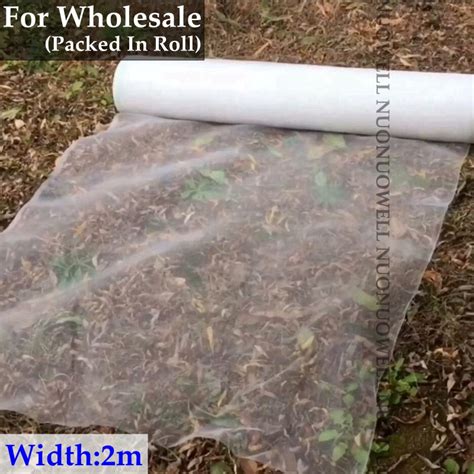Garden netting is an essential tool for protecting your plants from a variety of pests and environmental factors. It comes in various types, each designed to address specific challenges in the garden. One of the primary functions of garden netting is to safeguard plants from birds, insects, animals, and even harsh weather conditions.
For instance, the Stonehill Garden Netting, measuring 4M x 10M when fully stretched, is ideal for covering plants, fruits, vegetables, and flowers, offering protection against birds and animals. Similarly, the Feitore Deer Fence Netting, a 7 x 100 Feet mesh, provides a reusable solution for safeguarding gardens from birds, deer, and other animals. It’s especially useful for protecting fruit trees and vegetables.

Another versatile option is the ultrafine mesh netting from Faraer, designed to withstand various weather conditions. This type of netting not only keeps pests at bay but also supports the healthy growth of plants by allowing sufficient air and light penetration. Additionally, garden netting can be used to train plants, ensuring straighter stems or aiding the growth of taller vining plants.
It’s important to choose the right type of netting based on the specific needs of your garden. For instance, insect-proof mesh has a finer design suitable for smaller pests, while bird netting is more suited for larger animals. There are also specialized options like butterfly netting, designed to protect brassicas from cabbage white butterflies.
When using netting, it’s crucial to consider additional accessories like plant clips, especially for supporting the growth of plants like squash, melons, gourds, or tomatoes. In addition, netting can be used in combination with garden wire to provide lightweight support for plants, lights, and decorations.
Ultimately, garden netting is a practical solution for keeping your seedlings and young plants safe from pests and environmental threats, making it a must-have for gardeners looking to protect their fruit and vegetable crops.

